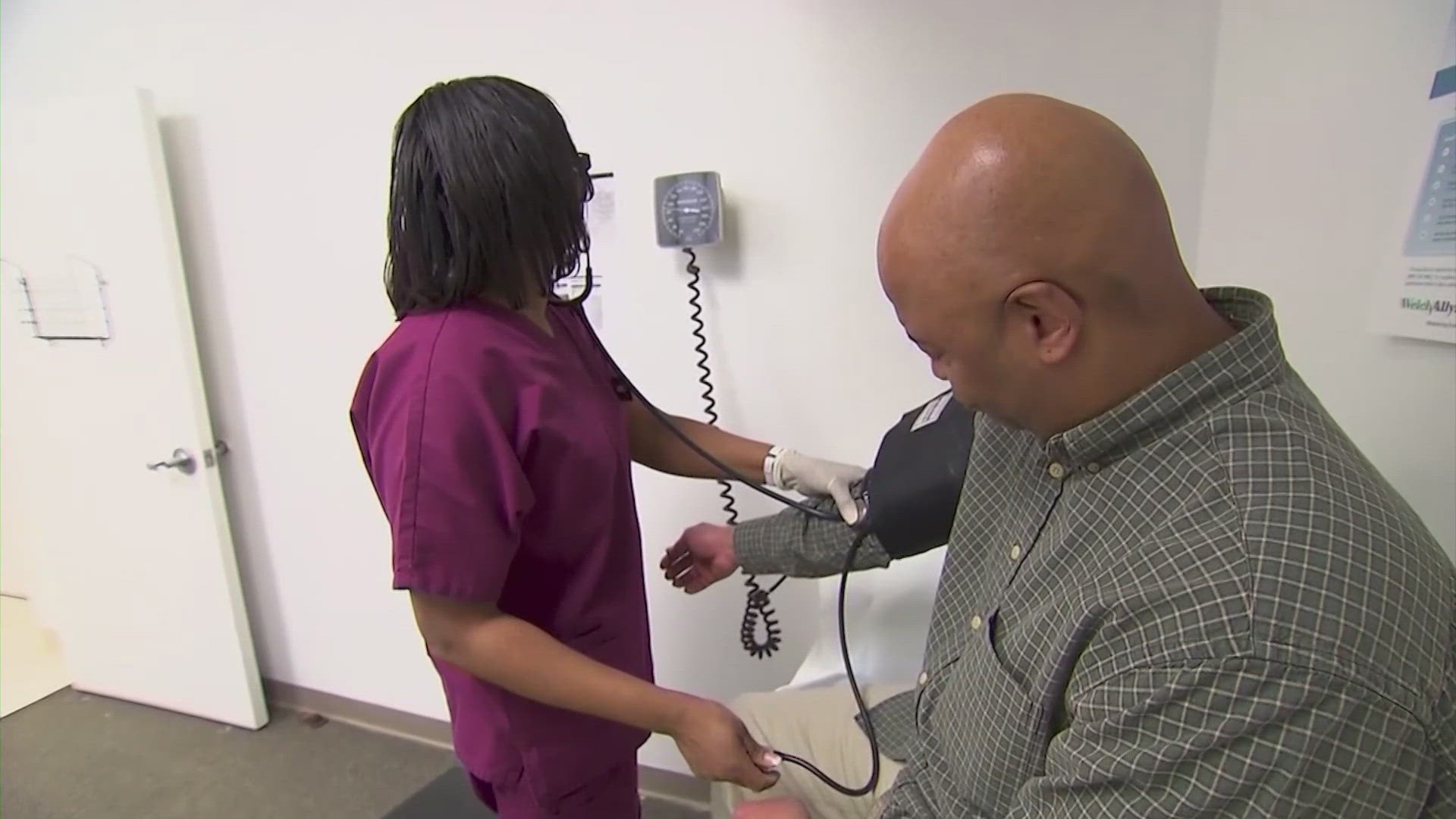HOUSTON — September is Prostate Cancer Awareness Month. One in eight men will be diagnosed during their lifetime, and it's the second leading cancer death among men in the U.S. Some men are more vulnerable than others, so how do you take preventative measures?
Alejandro Andrade, 63, is a chemical engineer, husband, father of two and cancer patient.
Some six years ago, an annual checkup with bloodwork showed an elevated PSA, or prostate specific antigen level. Alejandro was negative but became vigilant about watching for the slow growing cancer.
And last year...
"The MRI caught it and then the biopsy," he said.
Because the cancer was so small, he was a candidate for irreversible electroporation, or the nano-knife.
"And that uses electrical impulses to disrupt cell membranes and kill the cancer within a field of electrical radiation that we apply very specifically that destroys the cancer but spares the healthy tissue," said urologist and UT Physicians Dr. Stephen Canfield.
Dr. Canfield explained more radical treatment, like removing the entire prostate, can lead to or aggravate other problems.
"One of the biggest is erectile dysfunction or complete loss of sexual function and that that's just the nature of the treatment," he said.
The other concern -- incontinence. Both are also issues for older men who are also more likely to be diagnosed with prostate cancer at about age 67. Black men are also at higher risk and twice as likely to die from the disease than men of other races.
Another risk factor?
"If your mother or sister had breast cancer, these are now associated with known gene mutations leading to prostate cancer as well," said Dr. Canfield.
There are also genetic considerations. Alejandro's 93-year-old dad also has prostate cancer, a key reason Alejandro was careful about his own yearly physicals.
"We may reach a certain age, we need to check our prostate and another, just your prostate, generally your health," he said.
A simple blood test is typically the easiest way to catch the disease early, allowing for gentler less invasive treatments.
"Which have a less impact on you and your life," Alejandro said.
UT Physicians is a sponsor of Health Matters

